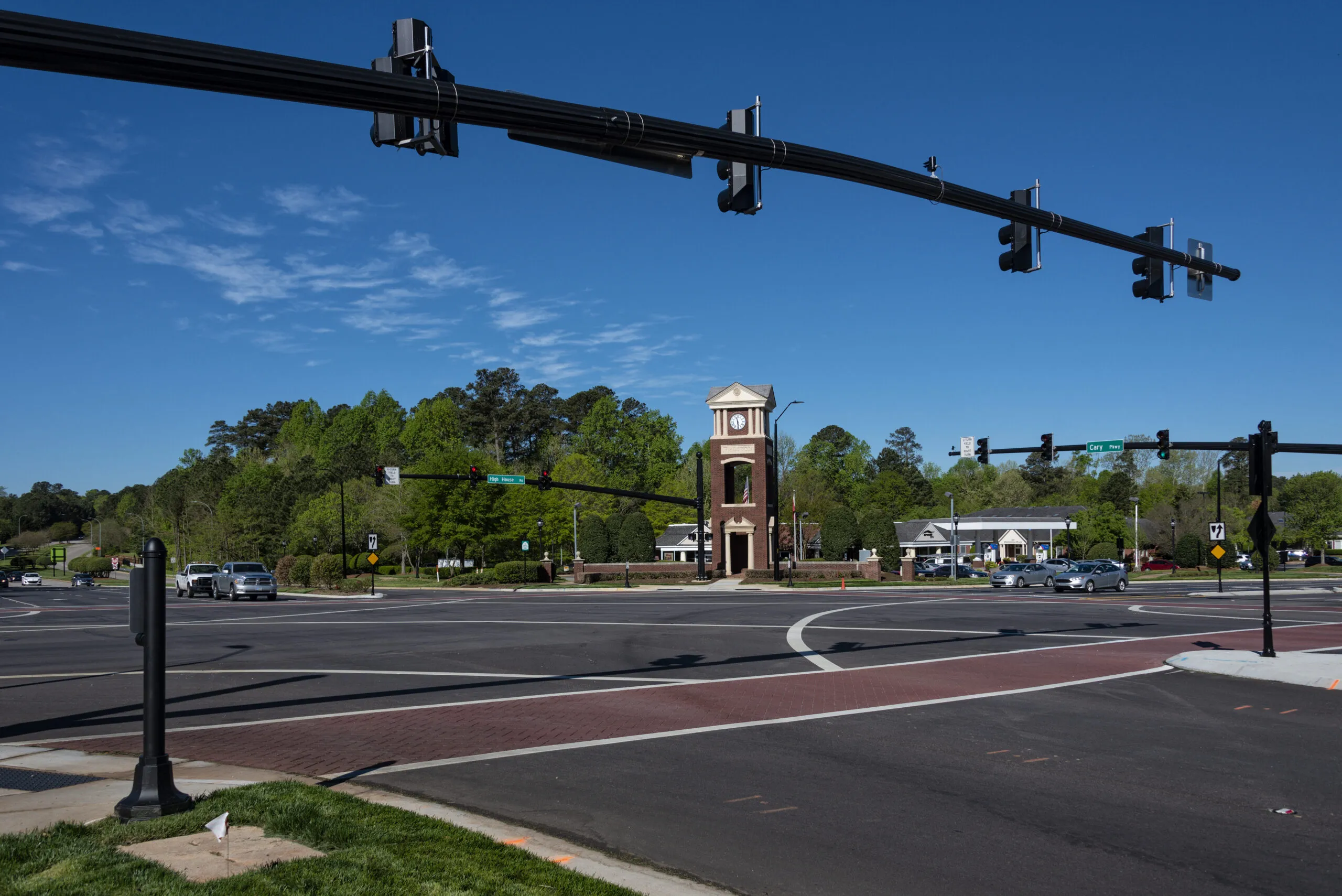The use cases will focus on Vehicle-to-Vehicle (V2V), Vehicle-to-Infrastructure (V2I) and Vehicle-to-Pedestrian (V2P) direct communications, as well as Vehicle-to-Network (V2N) operations over cellular network-based wide area communications with cloud access.
During the field trials, Continental will use Qualcomm C-V2X Reference Design, which features its 150 C-V2X chipset with integrated Global Navigation Satellite System capability to build connected car systems and integrate the systems into Nissan vehicles. Nissan will carry out V2X use case selection and develop test scenarios with key performance indicators for C-V2X validation. OKI will bring its roadside unit (RSU) infrastructure and applications to demonstrate V2I as a viable technology for advanced traffic applications by integrating Qualcomm's chipset into their RSU. Ericsson will add to the V2N use case discussion, considering a combination of direct communication and LTE-Advanced (LTE-A) network technologies. NTT Docomo will provide an LTE-A network and V2N applications to show the benefits of complementary use of network-based communications for a range of advanced automotive informational safety use cases.
Lars Schultheiss, vice president and head of business unit Infotainment & Connectivity at Continental in Japan, said: "Connecting vehicles is at the top of our agenda and with more than 20 years of competence in the development of telematics, over 30 million units shipped, and years of V2V safety product development culminating in available V2V communications offerings. We are ready to fully exploit the potential of cellular connectivity to provide advanced vehicle functionalities. Along with Nissan, we plan to show that close cooperation between automotive suppliers, OEMs, mobile operators, infrastructure and chipset suppliers is of high importance to further advance and develop Cellular V2X."









